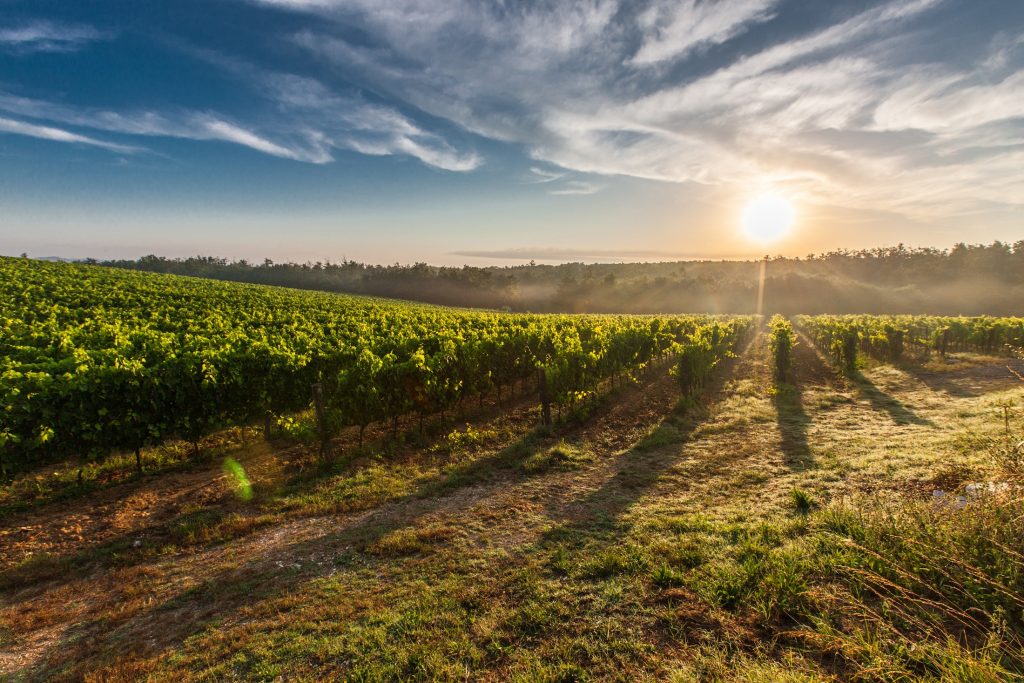To begin talking about faith in the workplace, I have to talk about calling. We’re all called to do something and to be something. It’s not just pastors who are called. It’s all sons and daughters of God who are called by God.

Now, when most of us talk about calling, it’s about vocation. If you look at any of the books written by the prophets in the old testament, you’ll notice that every single one of them include a little blurb about how they became prophets, or kings, or priests. They were doing things with their lives when God said to them, “go pivot and do something else.” (If you want to read about pivoting, read or watch this article titled, “Pivot“).
I’m going to answer the question in our title by examining the story of the calling of the prophet Elisha. Let’s go to 1 Kings 19:19-21.
19 So Elijah went from there and found Elisha son of Shaphat. He was plowing with twelve yoke of oxen, and he himself was driving the twelfth pair. Elijah went up to him and threw his cloak around him. 20 Elisha then left his oxen and ran after Elijah. “Let me kiss my father and mother goodbye,” he said, “and then I will come with you.”
“Go back,” Elijah replied. “What have I done to you?”
21 So Elisha left him and went back. He took his yoke of oxen and slaughtered them. He burned the plowing equipment to cook the meat and gave it to the people, and they ate. Then he set out to follow Elijah and became his servant.
1 Kings 19:19-21 NIV
Below, see three steps to take to confirm our calling based on Elisha’s story:
Step 1 – Ask: Is what you’re doing now a viable option for the future?
Elisha was a farmer who was going about his business. Not a small farm or a middle class farm, a big time farmer. There were twelve yoke of oxen, meaning they needed 24 ox to do the work of farming. It’s said that a yoke of oxen can plow like an acre and a half. In terms farm size, we can assume that Elisha’s farm was about 36 acres or 45 hectacres, for those who are interested in that type of stuff. That means that he wasn’t a super large farmer, but he was upper middle class in his farming.
So when you consider whether this is a viable option for the future, the answer is, “yes.” Elisha could make a decent living as a farmer in the future.
Step 2 – Consider where you are being called
Elisha considered his calling after he was anointed. Look at verse 20. He went to Elijah to tell him that he wanted to kiss his father and mother goodbye. Elisha probably wouldn’t have followed just anybody. He was a grown man, he wasn’t a boy being moved from one place or another based on another person’s feelings or actions. He was responsible for his own actions and his own choices. He considered who he was going to follow before making the decision of leaving his family and his family’s farm.
This is not an easy step, but every decision has consequences. Elisha made a consideration that isn’t mentioned in the story, but the consequences are clear: he wanted to kiss his father and mother goodbye– he wasn’t going to see them again.
Step 3 – Embrace the call
Elisha embraced the calling. In verse 21 he burned the plowing equipment, cooked the meat. He excelled at farming, but the way it’s described here, when he burned the equipment and gave it to the people and he went and became Elijah’s apprentice.
Embracing the call is more about what actions you take toward the calling than it is anything else. Elisha went all in. He gave it all up.
When you take these three steps, you can confirm your calling in any thing. You know you are called to something when you are all in.
No responses yet